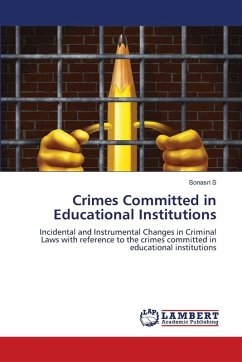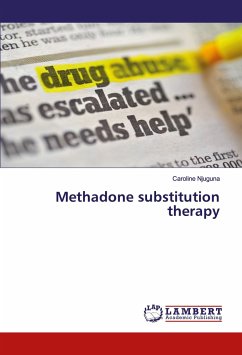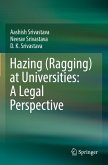In recent years, criminal legislation both in India and internationally has witnessed a notable evolution characterized by both incidental reforms and instrumental changes, jointly reshaping how crimes in schools, colleges, and universities are prevented, prosecuted, and punished. instrumental changes are those legal provisions that have been enacted specifically to address school and college-based crimes. A prime example is the Maharashtra Prohibition of Ragging Act, 1999, one of the first laws to directly criminalize ragging in India. Under this act, any student found guilty of ragging defined as any physical or psychological harm or abuse directed at a junior student can face imprisonment, monetary fines, expulsion, and disqualification from further studies for up to five years. The 2013 Criminal Law Amendment Act (Nirbhaya Act), though not aimed solely at schools, included key provisions such as criminalizing stalking, voyeurism, and acid attacks offenses that often occur in or around campuses.
Bitte wählen Sie Ihr Anliegen aus.
Rechnungen
Retourenschein anfordern
Bestellstatus
Storno








